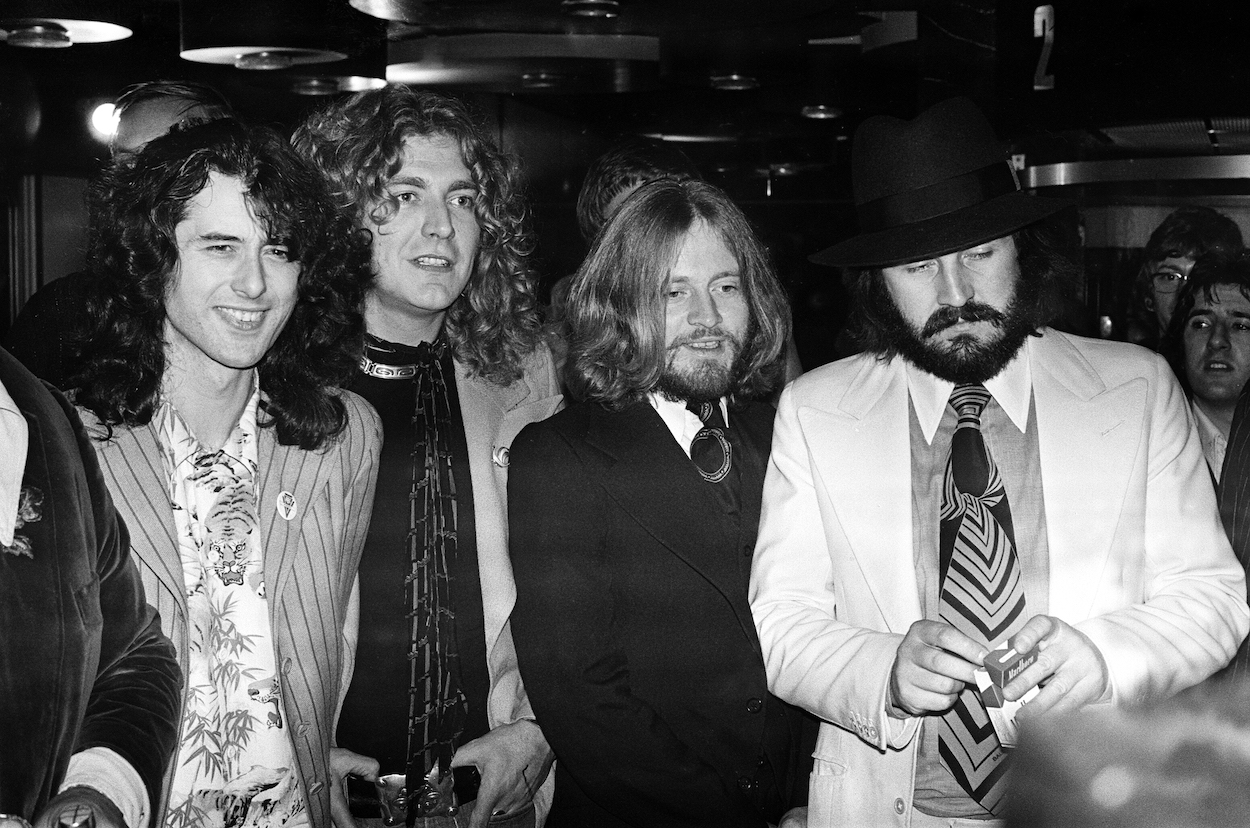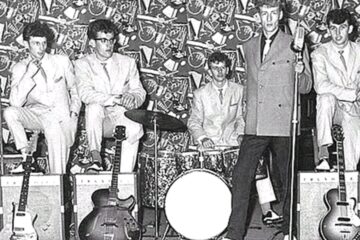News The life-changing moment John Paul Jones almost quit Led Zeppelin
Every member of Led Zeppelin was responsible for making them what they were. As much as people might like to argue that Jimmy Page was the mastermind behind the band and Robert Plant was the golden frontman, the fact that they couldn’t continue after the death of John Bonham proved that every one of them could be considered the weak link in the chain. While John Paul Jones was always the secret weapon in the band, he came dangerously close to leaving the band in their prime.
When looking at the background of every musician in the band, Jones’s upbringing in the business seemed the most normal. While Page was still embracing the sounds of psychedelia with The Yardbirds, Jones was still the professional working the day in one studio after the next, usually fading into the background half the time.
Although Page and Jones were friendly on the scene, it wasn’t until they were putting a band together that most people heard how powerful the bassist was in a four-piece. Since there was no bottom end whenever Page took a solo, Jones approached his bass like a lead instrument sometimes, pulling out the kind of jazz fills that would be reserved for a ramshackle jam rather than a rock classic.
That’s before you look at the stellar arrangements he brought to the band. Even though ‘Stairway to Heaven’ has been the butt of every joke that any novice guitar player has ever made, one of the foundational pieces of the song is the flute arrangements that Jones puts in, bringing a Celtic twist to the entire song.
In fact, that kind of arrangement may have been a bit too big for just one band. Since Jones would spend a lot of time fleshing out the tunes that Page had begun work on, he had initially considered walking out on Zeppelin to become a choir conductor at Winchester Cathedral. He may have meant it all in good fun when he joked about it in 1973, but the benefits were insanely practical.
There’s no way to guarantee whether a rock band was ever going to last, so a job that would have employment security would have been great for Jones. It’s not like he didn’t know how to blend into the conductor format, having already served as a choirmaster before working in the session scene.
He even explained to Rolling Stone that the comment came from how much he hated touring, saying, “Somebody said, ‘Do you like being on the road?’ I said, ‘No … I saw this advert for a job for the organist out by the cathedral, I’m gonna bide for that. I’m gonna take that. I’m gonna apply for that.’ It was one of those things”.
If he had decided to leave Zeppelin behind, that meant stepping off the rocket ship right as the band was about to enter the sessions for Physical Graffiti. That meant that in whatever state the band was in, chances are that a song like ‘Kashmir’ would never have been given its orchestral arrangements to tie everything together.
Even if Jones didn’t hang everything up, he did get his wish to return to arranging once Zeppelin broke up. Outside of his solo albums and playing with bands like Them Crooked Vultures, some of Jones’s best work has been arranging music for acts like Foo Fighters and R.E.M. after the fact. Zeppelin was already a superstar band, but as soon as they petered out, Jones knew he was comfortable fading into the background of the classics.




